Cuffed
Interview with
Thiloshon Nagarajah
Thiloshon Nagarajah, a San Francisco-based Computer Science grad from USC, moonlights as a filmmaker when he's not engineering the future. Despite no formal training in filmmaking, he's passionate about crafting stories that blend human experience, technology, and speculative science. With a flair for diving into diverse cultures and challenging conventional thinking, Thiloshon loves to make you rethink your beliefs—all while delivering a cinematic punch.
Thiloshon Nagarajah, a San Francisco-based Computer Science grad from USC, moonlights as a filmmaker when he's not engineering the future. Despite no formal training in filmmaking, he's passionate about crafting stories that blend human experience, technology, and speculative science. With a flair for diving into diverse cultures and challenging conventional thinking, Thiloshon loves to make you rethink your beliefs—all while delivering a cinematic punch.
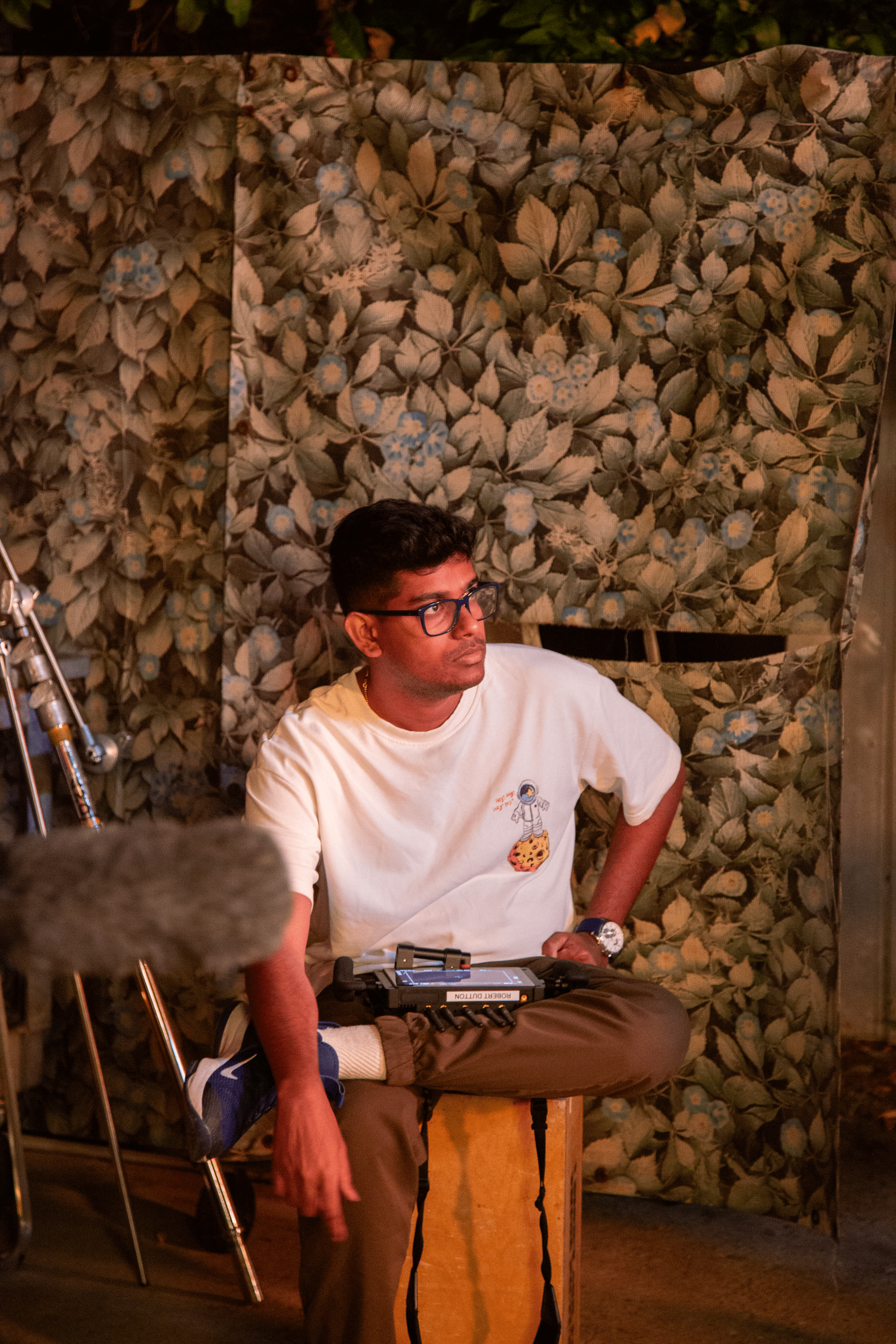
Your project has entered in our festival. What is your project about?
Cuffed is a compelling short drama centered on Mike, a promising teenager whose life takes a dramatic turn following a violent altercation with his friends. The film delves into the aftermath of this incident as Mike navigates the daunting challenges of facing the consequences, maintaining friendships, and fighting to prove his innocence.
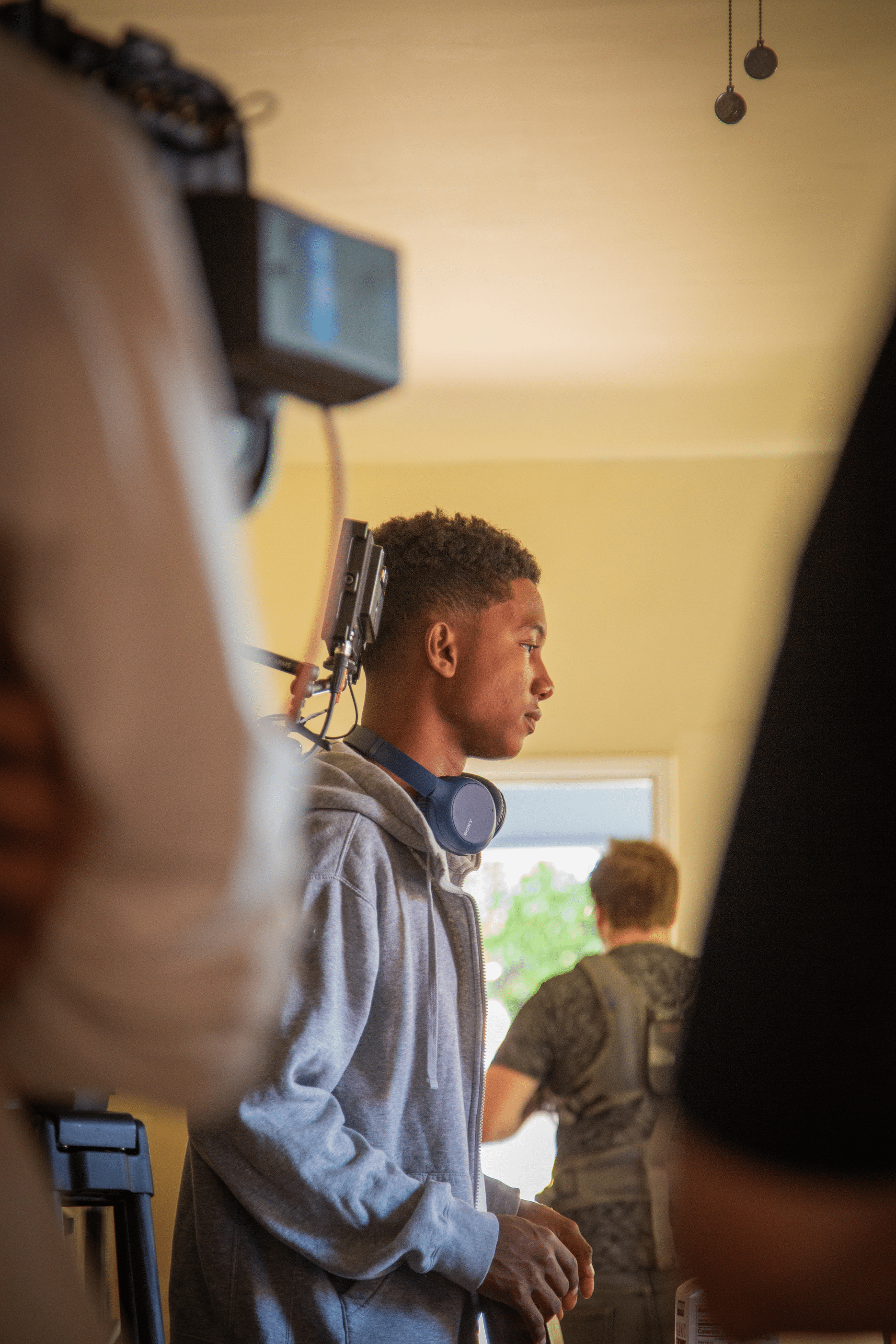
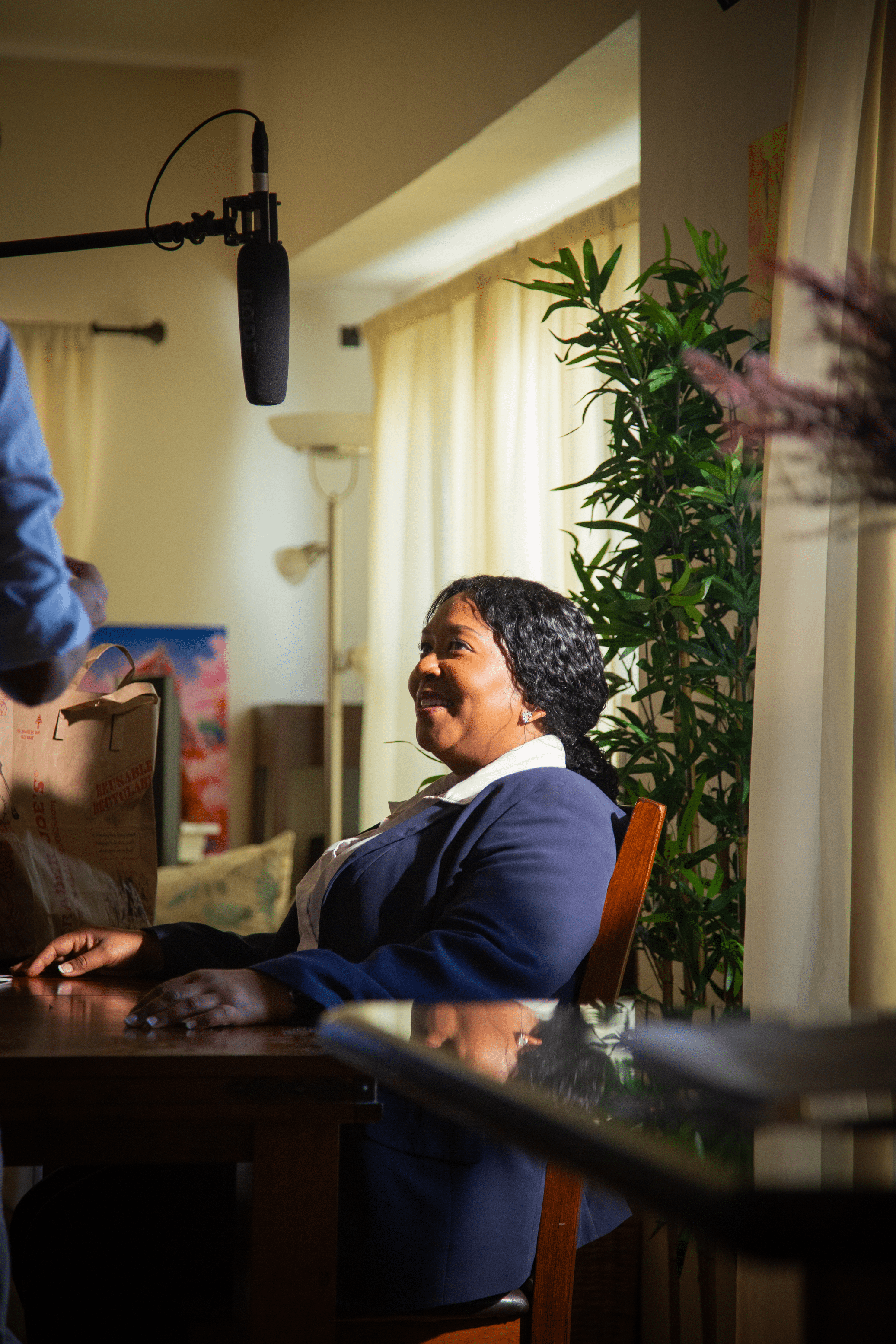
What are your ambitions with your project?
Cuffed is my first serious project since my naive attempts back in middle school. It started as a way for me to really test my skills in writing and directing. I'm pretty happy with how it turned out and I'm excited to share it here, meet other filmmakers, and swap stories. I'm also working on a script for a full-length movie that I plan to get reviewed on BlackList soon.
Tell us something about your shooting? What pleasantly surprised you?
We filmed Cuffed over two weekends, and honestly, it was a blast! Our crew of about 25 people was all in—they were passionate and completely dedicated to the project. Leading up to the shoot, I was pretty nervous and anxious, but to my surprise, everyone took ownership of their roles and everything just flowed smoothly. It was amazing, and I felt lucky to work with such a dream team.
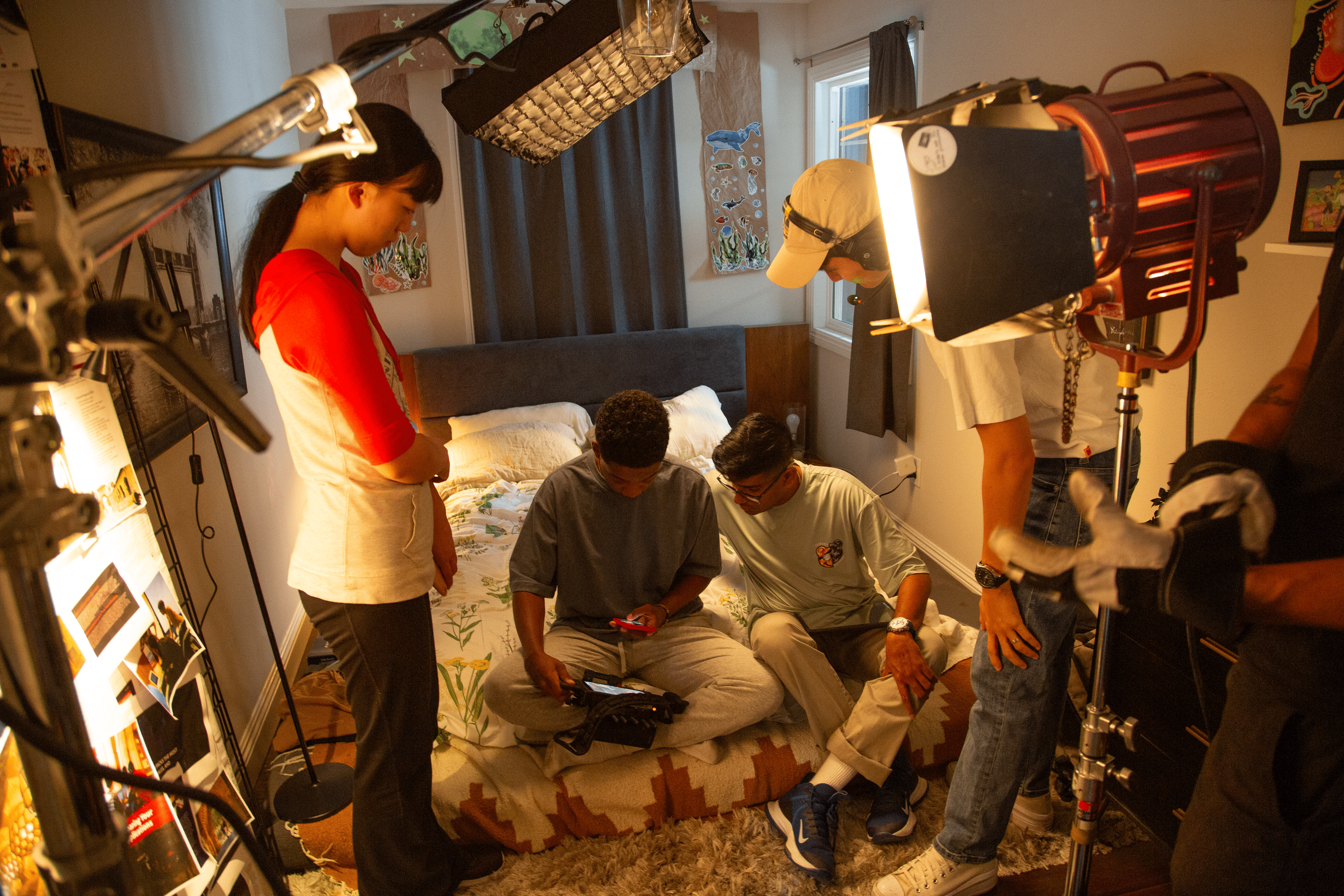
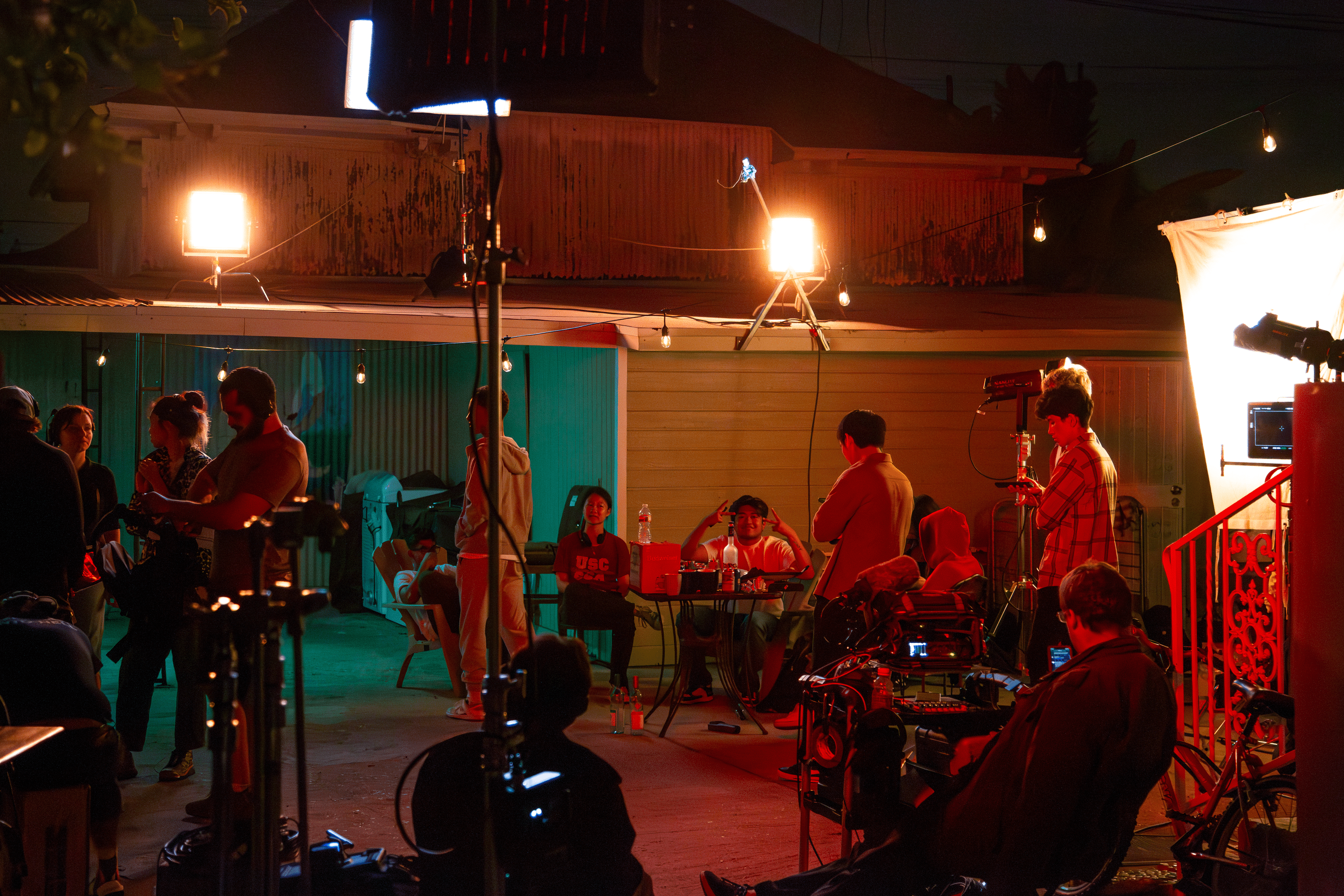
For what group of spectators is your film targeted?
The movie centers on teenagers, so I'm expecting it to particularly resonate with a younger audience. However, its fast pace and intriguing plot should make it enjoyable for most viewers who are looking for a compelling story.
Why should distributors buy your film?
While our cast does feature Brando Antonie Fuqua... just kidding! But seriously, even though it's a short film and traditional distribution isn't expected, the quality and impact of the story we've managed to create would make it a standout addition for any festivals.
How would you specify your work? What characterizes your film?
Cuffed offers a fresh take on the classic coming-of-age story, focusing on psychological growth and the process of individuation. The film explores how an intense altercation and its consequences serve as a catalyst for our protagonist, Mike, to embark on a journey of self-discovery. This narrative invites viewers to witness his struggle and transformation as he comes to embrace his true identity. This journey is universal—though the circumstances, stakes, and outcomes differ for everyone.
Why did you decided to become a filmmaker?
The first time I watched a movie in a theater, I knew there was nothing more magical than cinema. Growing up, movies shaped who I am, and I've been lucky to watch films from all over the world. In Sri Lanka, where I'm from, we don't have a big film scene, so it took a while before I could really get into filmmaking. It wasn't until I started my master's at USC that I finally got the chance to chase that dream.
Who is your role model?
I'm really inspired by a lot of directors. Steven Spielberg's blocking and staging blow me away, and I'm a huge fan of how Christopher Nolan bends storytelling. The camera work in David Fincher's and Park Chan-wook's films is just awesome. And there are Indian directors like K. Balachander, Balu Mahendra, and Mani Ratnam who've also had a huge influence on me. Their work is incredible!
Which movies are your favorites? Why?
Spirited Away just has a way of bringing back deep, almost forgotten childhood emotions, it's magical. The Prestige completely blew my mind with its use of misdirection; it's a masterclass in how films can play tricks on the audience. And Fight Club's dialogue is just spot-on, every line feels perfect.
Where do you look for inspiration for your films?
I find a lot of inspiration in Vedanta Philosophy, and the ideas of thinkers like Carl Jung and Hegel really resonate with me. I also dive into a wide variety of books—anything from science and technology to psychology, politics, economics, biology, history, theology, etc. All these different fields fuel the stories I'm working on, and I love blending elements from each to create something new.
Which topics interest you the most?
I'm passionate about crafting stories that blend human experience, technology, and speculative science, with a flair for diving into diverse cultures. I love learning concepts and creating art that challenges conventional thinking.
What do you consider your greatest achievement in your career?
Well, I graduated in Computer Science and had no formal training in filmmaking—everything I've learned has been through observation or the internet. I'm proud of how far I've come just by being resourceful and passionate about film.
What do you consider most important about filming?
To me, the most important thing about filming is letting creativity flow freely through every aspect of the process. I don't think any one person on the team has all the answers. Creativity really is contagious; when you open up and let everyone bring their ideas to the table, the whole crew can come together and create something truly amazing.
Which film technique of shooting do you consider the best?
I'm not too hung up on specific shooting techniques or equipment. I think a valuable skill for any director is the ability to create art under any constraints. To me, filmmaking is like constant problem-solving—using whatever you have to make something great.
How would you rate/What is your opinion about current filmmaking?
I think filmmaking is experiencing some of the most radical changes in its history right now. With the rise of Postmodernism and Technofeudalism, including AI's growing influence, there's a noticeable divide among audiences and artists alike. This shift is manifesting into every aspect of filmmaking. I see these conflicts as a healthy sign—conflict often precedes significant change, and change is fundamental. The discourse arising from this will inevitably create a new wave of filmmakers and I can't wait to see how the visual art medium is going to reinvent itself.

